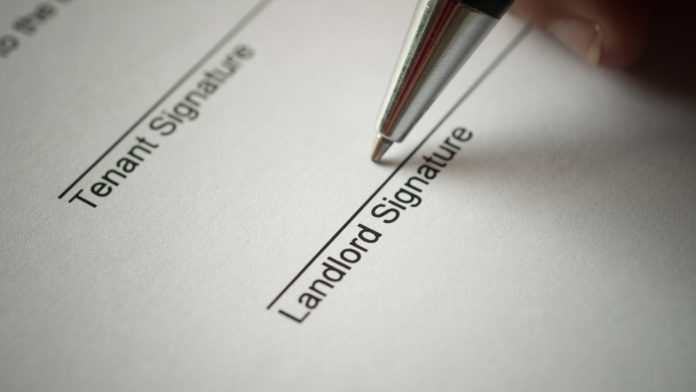Key Highlights
- Generally, Southern states tend to favor landlords and Northern state tend to favor renters
- Southern states, historically, agricultural states with lots of landlords and Northern states, historically, manufacturing states that needed immigrants and renters
]If you and/or your clients are considering becoming residential landlords, you may want to consider which states and state laws are/are not more favorable to landlords.
In the early days of our country, Southern states were mostly agrarian/agricultural and were filled with many land-owning landlords. Of course, laws in the South favored its resident landlords. Conversely, Northern states in the early days were manufacturing hubs. Manufacturers needed workers and relied primarily upon immigrant workers. Those workers, in turn, needed places to live and, on the whole, manufacturers filled their workers housing needs by becoming landlords.
If you and/or your clients are considering becoming residential landlords, consider which states are most/least receptive to your interests. Also know that each state does not have blanketing governmental restrictions/rules of compliance for landlords…cities can be autonomous and make their own regulations in support of landlords or tenants.
Here are the state/cities, according to Millionacres, that are tougher on landlords:
Seattle, Washington
Seattle is the outlier city in Washington. It is the only city within the state that requires landlords to rent to the first qualified person/family who applies to become a tenant. Known as the “first-in-time rule” or the FIT rule, landlords MUST rent to the first qualified tenant who applies. In other words, landlords cannot choose their tenants in Seattle. Landlords are REQUIRED to time-stamp all rental applications and then, if eligible, rent to the person/family designated as the first-come, first-served.
New York
There are different rent laws for different types of buildings in the Big Apple. You as the landlord MUST know the laws that apply to co-ops, condominiums, rent-regulated places or to sublets.
Additionally, there are restrictions based upon:
- Length of the rental period
- Whether or not the unit is deemed residential
- How much the landlord can charge for background checks, application fees and late fees
- Security deposit restrictions
- Screening techniques
- Amount landlords can charge for rent
Rent Control States
- Oregon – the first statewide rent controlled state
- Landlords cannot raise rent more than +7%/year
- Landlords cannot evict tenants who have been renting for at least 1 year for any reason
- Landlord non-compliance may face paying their tenant up to 3 months’ rent in damages
- New Jersey – variety of regional rent control laws
- Statewide mandates for landlords
- Rent Security Deposit Act that governs the security deposit
- Landlord Registration Act that requires landlords to register their properties with the state that may involve a registration fee
- California
- Many California cities have rent control
- State laws govern how much landlords may charge for security deposits and credit checks
- State laws that govern just-cause evictions
- State laws protecting tenants that receive government subsidies
- Maryland
- Rent control in certain city jurisdictions
- Mandatory statewide registration policy plus annual fee
- 60 – 75 day period for evictions rather than 2 weeks in some states
Top 10 States with Highest Rate of Evictions, according to the Eviction Lab at Princeton University:
- South Carolina – 8.9%
- Virginia – 5.1%
- Delaware – 5.1%
- Georgia – 4.7%
- North Carolina – 4.6%
- Oklahoma – 4.2%
- Indiana – 4.1%
- Mississippi – 4.0%
- Arizona – 3.9%
- Maryland – 3.6%
Thanks to Millionacres.
Also read: “Unprecedented” Drop in Rent Prices in San Francisco, Crystal Ball Gazing for Multi-Family Housing in 2020, State Coffers Empty – Tax Hikes Coming?

























